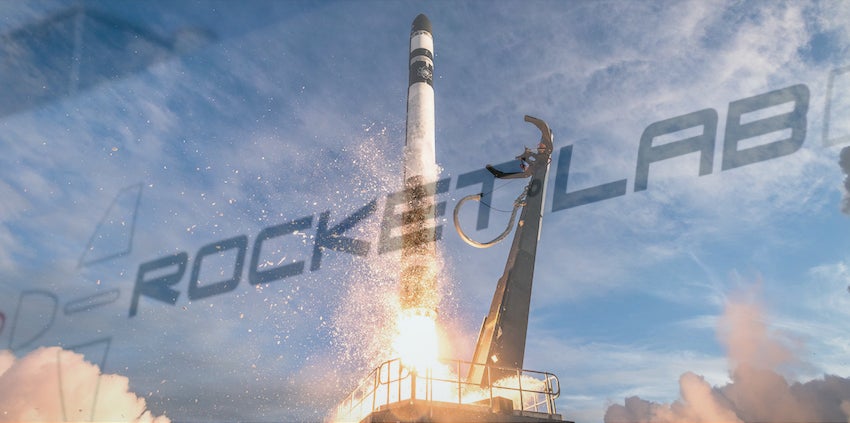It could be some time before investors can snap up shares in SpaceX or its subsidiary Starlink.
SpaceX CEO, Elon Musk, has hinted that there are definite plans to take Starlink public. The timeline for this event is up in the air, but I wouldn’t be surprised if an IPO eventuated by mid-2024. That is if the venture hasn’t turned to space junk by this time. An earlier IPO will be warranted if the Company burns through its private investor optimism. At this point, it will need retail cash to overcome the significant financial and technological hurdles it will face on its path to viability and profitability.
The possibility of the mothership Company, SpaceX, being taken public is a little sketchier. Although, I’m sure that the Company’s early investors will be eager to cash out some of its investment by way of public listing. At its last round of funding in April 2021, SpaceX was valued at US$74 billion.
I can imagine that SpaceX will be a popular IPO. It already ticks the box for a worthy investment for many an investor. Besides the appeal of the inherently exciting industry in which it operates, SpaceX is already generating a great deal of revenue and revenue growth year over year. Further, the Company holds an exceptionally high reputational cache after delivering astronauts to the International Space Station and developing the ability to reuse its booster rockets.

Investing in the Competition
SpaceX and Starlink are being beaten to the stock market by several direct and indirect competitors. So, until the time comes when investors can procure a portion of SpaceX and Starlink, there are other publicly available space companies priming investors for this exciting “Space”. One little go-getter that I want to detail is Rocket Lab, the New Zealand grown company that is ready to make its next step on the global stage.
Rocket Lab / Vector Acquisition
If SpaceX is the Uber of rocket rideshare, then Rocket lab is the Ola of rocket rideshare. That is, much less valuable (worth approximately US$4.1 billion), operating on a smaller scale but still well within the competition range.
While Rocket Lab is currently generating revenue sub-US$100 million, it is projecting a revenue stream of US$1 billion by 2026. To achieve this phenomenal growth in revenue, Rocket Lab is merging with a Nasdaq-listed SPAC, Vector Acquisition VACQ. The merger, expected in the next three months, will provide Rocket Lab with half a billion USD to fund its push to build bigger rockets.
Bigger rockets will mean Rocket Lab will be better positioned to usurp a share of SpaceX’s client base. At the same time, Rocket Lab’s smaller legacy rockets can still be used to service its smaller-cap clients, importantly allowing the Company to retain an important source of revenue as it seeks new lucrative contracts.
As of writing, shares in Vector Acquisition are trading at US$11.01. In the past month, VACQ shares are up 13.1% as investors prepare for the impending merger.
© 2025 Benzinga.com. Benzinga does not provide investment advice. All rights reserved.
Trade confidently with insights and alerts from analyst ratings, free reports and breaking news that affects the stocks you care about.